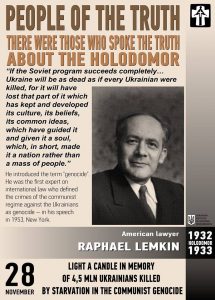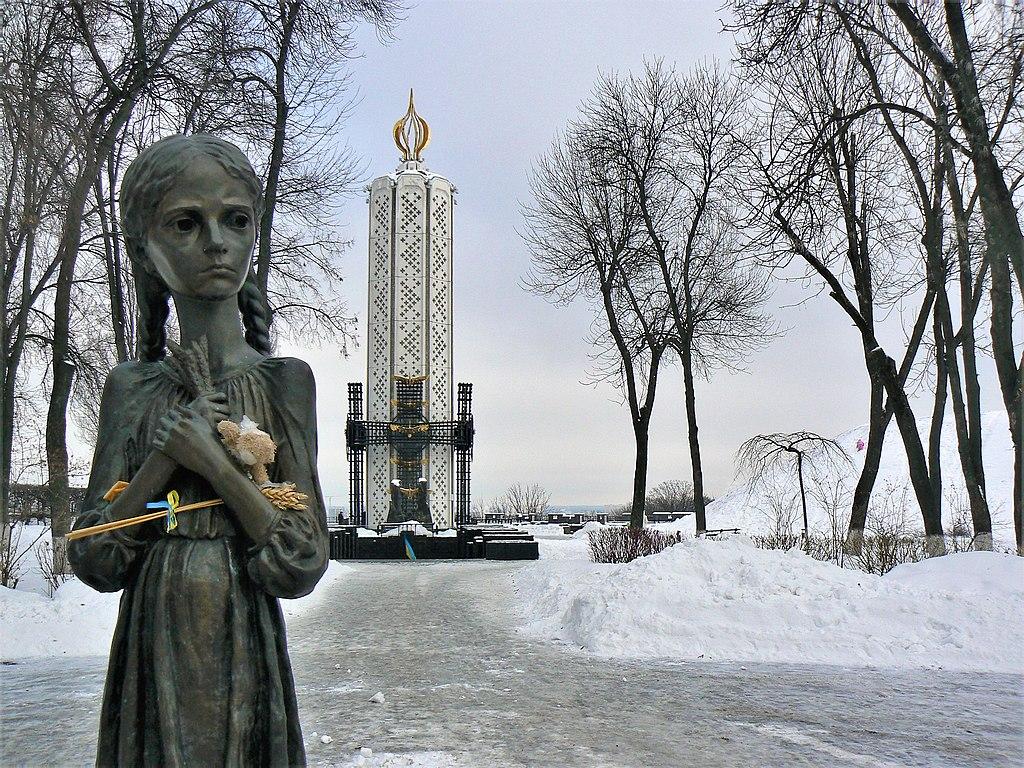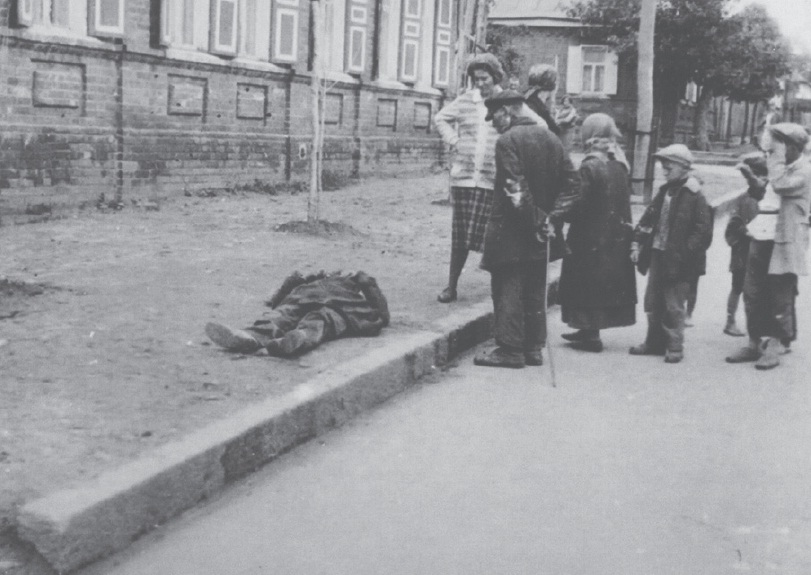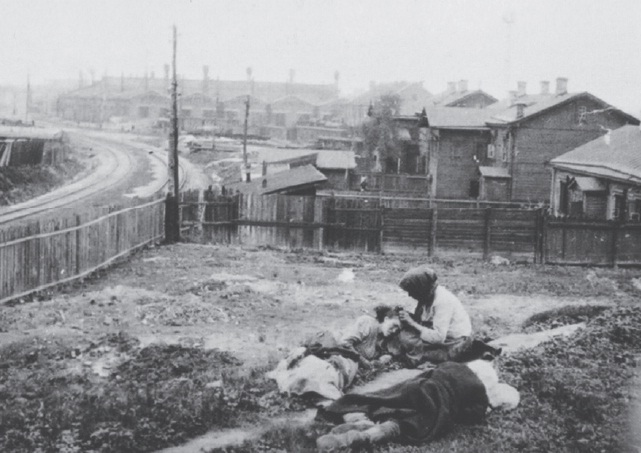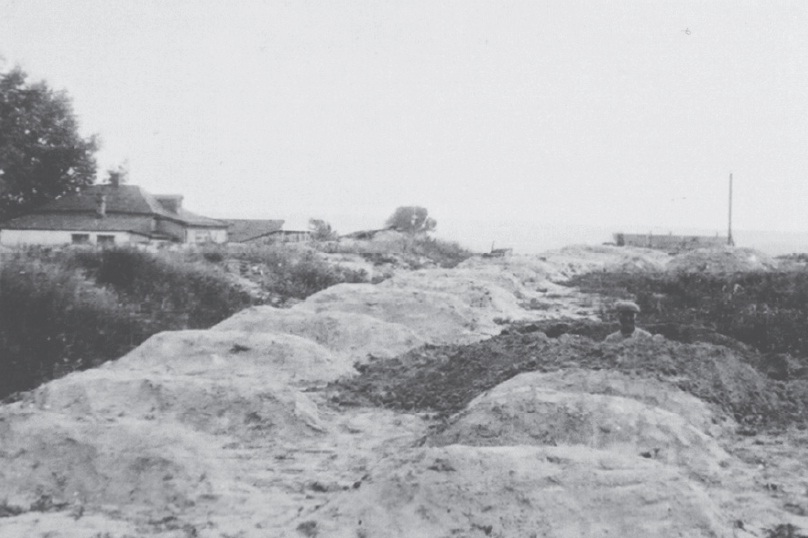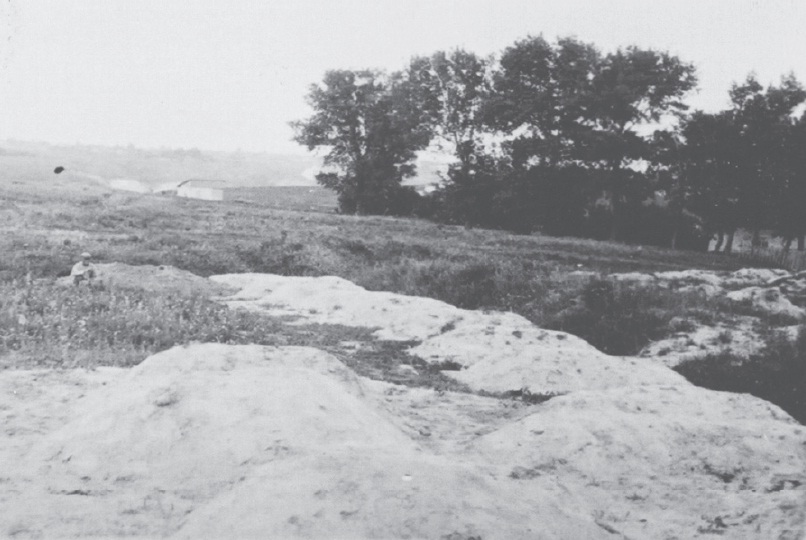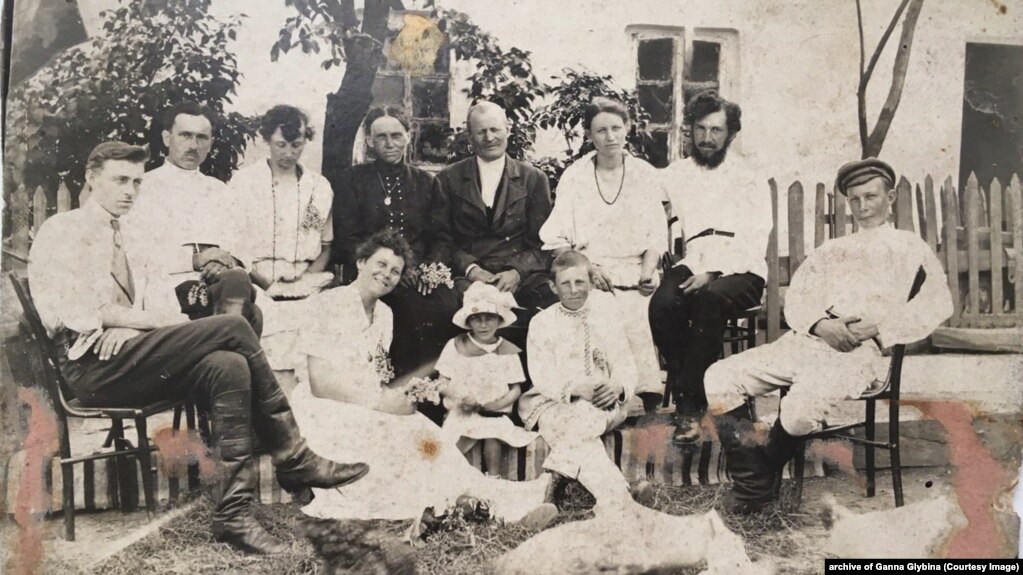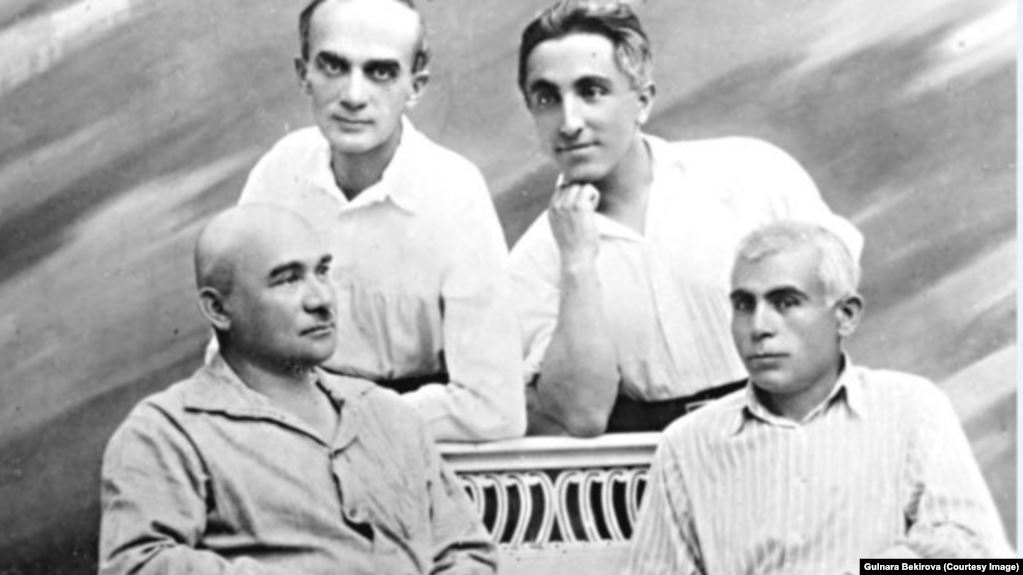November is the month of remembrance, and this year marks the 86th commemoration of the 1932-33 Holodomor, one of the major genocides of the 20th century.
On November 28, 2006, the Verkhovna Rada of Ukraine adopted the law “On the Holodomor of 1932-1933 in Ukraine”, which recognizes the famine as an act of genocide against the Ukrainian people.
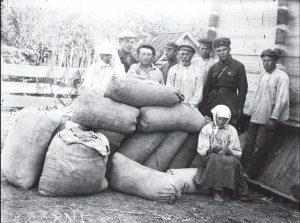
From 3 to 6 million – the number of victims estimated by Ukrainian scholars and researchers.
- Out of 195 countries, 16 UN countries and Vatican City recognize the Holodomor as genocide on the state level: Australia, Canada, Colombia, Ecuador, Estonia, Georgia, Hungary, Latvia, Lithuania, Mexico, Paraguay, Peru, Poland, Portugal, Ukraine, USA, and the Vatican.
- Many administrative regional entities have recognized the Holodomor as genocide;
- The Baltic Assembly has recognized the Holodomor as genocide;
- PACE and the European Parliament have recognized the Holodomor as an “appalling crime against humanity”;
- In November 2003, the 58th UN General Assembly Session adopted a joint statement calling the Holodomor a “national tragedy for the Ukrainian people”. At that time and to this day, Russia has repeatedly opposed the recognition of the Holodomor as genocide.
According to the Holodomor Museum, the act of genocide can be testified by the following:
- 3456 found and declassified documents of the Communist party and other executive organs, including those signed by Stalin;
- 3186 death registration acts folios of 1932-1933, that proved mass killing by artificially organized starvation;
- testimonial evidences of 1730 witnesses and victims of criminal acts committed by the totalitarian regime;
- 857 mass burials of genocide victims;
- 735 settlements, kolkhozes (collective farms), rural villages and areas of Ukraine, where executive power imposed a regime based on the so-called “чорні дошки” (black boards), according to which armed regiments and troops blocked these settlements, trade was forbidden, foodstuffs, clothes, property were confiscated. In reality, these acts were directed at the extermination of the civil population by starvation;
- 400 found and declassified documents of the SBU State Institutional Archives, which prove that the famine was artificially organized by the authorities;
- archive documents of several foreign diplomatic missions;
- archive documents that prove the mass resettling of ethnic Russians in Ukraine;
- documentary photos revealing the tragic events of the Holodomor of 1932-1933.
Photo gallery
Kharkiv in 1932-33; photos collected by Theodor Innitzer, Archbishop of Vienna and Cardinal of the Catholic Church. Innitzer was the only foreign spiritual leader who, in 1933, established the Committee of Assistance to Ukraine, raising his voice in defense of Ukrainians who were starving to death in Stalin’s manmade famine
Why is Russia so catergorically opposed to the recognition of the Holodomor as genocide?
International experts believe that countries/peoples that have proved, basing their arguments on international law, that they were victims of genocide, strengthen their role in the geopolitical community and encourage others to promote justice and honour among nations.
Harvard University professor Serhiy Plokhy says that “the recognition of Holodomor as genocide would allow interested countries to include the history of the Holodomor in school programs where there is a section on genocides, as well as in museum exhibitions, and spread information about the tragedy and about Ukraine in the whole world.”
In the case of Ukraine, the process is complicated because the 1932-33 Holodomor was specifically staged by Stalin to destroy Ukrainians, and this fact is linked to proving Russia’s aggressive policy, which openly justifies the Stalinist regime.
Many political experts maintain that Vladimir Putin, like Joseph Stalin, is trying to “erase Ukraine from the world map as a geopolitical reality.” Professor Volodymyr Vasylenko, international lawyer, judge at the International Criminal Tribunal for the former Yugoslavia:
“The Holodomor then, and Russian aggression today – these two historical events illustrate the Kremlin’s revenge for actively opposing its plans and intentions.”
Not only does Russia categorically deny that the Holodomor was genocide, it also actively opposes the recognition of genocide against Ukrainians by other countries. In fact, Russia is pushing leaders of other countries not to support Ukraine’s appeals to recognize the Holodomor as genocide.
Russian diplomacy and part of the Kremlin-engaged academic community are spreading the word, above all in Western countries, that the Holodomor cannot be recognized as genocide because, according to them, it was a “famine caused by natural factors in many other soviet republics”.
Analyst and Deputy Chairman of the board of the Foreign Policy Council “Ukrainian Prism” Serhiy Herasymchuk explains:
“The 1932-1933 tragedy caused by Moscow’s policy is a testament to the fact that long before membership in NATO (even before the Alliance was established), long before the creation of the EU and the Association Agreement with the EU, and long before any other Kremlin excuse for the war with Ukraine, Moscow’s main objective was to eliminate the Ukrainian intellectual elite and the Ukrainian nation.
The Kremlin has always sought the full subordination of Ukraine and the establishment of Russian domination throughout the country. It has never been about counteracting some allegedly anti-Russian threats, but about tyrannical expansion at any cost. In Moscow, regimes come and go, but the goal never changes.
Revealing the truth about the 1932-33 Holodomor and recognizing it as an act of genocide against Ukrainians would refute the myth of “brotherly nations”, and deprive the Kremlin of the ethical right to speculate on such ideas as “brotherhood” and “similarities” in order to promote their own geopolitical interests in Ukraine.
The more countries recognize the Holodomor as genocide, the more Ukraine’s international partners will dismiss Putin’s arguments about Ukraine’s attachment to the “russkiy mir” (Russian world).”
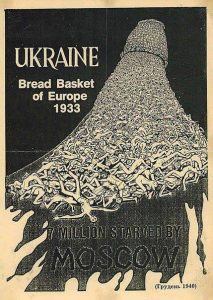
Germany and the Holodomor
In April 2019, activists launched a petition for Germany’s recognition of the 1932-33 Holodomor as genocide of the Ukrainian people. The petition garnered the required number of signatures (over 50,000).
On October 21, 2019, the Bundestag Petitions Committee commenced discussions on the petition, but the German Ministry of Foreign Affairs opposed it in parliament, arguing that “the concept of genocide was not defined until 1951” and that “besides Ukrainians, many other people also starved to death in Russia and the Caucasus”. Arnold Vaatz, a lawmaker with Germany’s ruling Christian Democratic Union party commented on this announcement:
“The Foreign Ministry’s decision is totally wrong because it means that even the Holocaust cannot be recognized as genocide. It also means kneeling before Russia. Obviously, no one here wants to create a new conflict with Russia.”
Andriy Melnyk, Ambassador of Ukraine to Germany was asked to comment on the German Foreign Ministry’s decision. He believes that the “inaction” of the German-Ukrainian Commission of Historians may have possibly contributed to Germany’s refusal:
“My written appeals and calls to the co-chairman, Yaroslav Hrytsak, asking for the opinion, if not of the entire commission, then at least of its Ukrainian section before the meeting of the German Petitions Committee, went unanswered for many weeks. I believe that this position is irresponsible.”
Co-chairman Yaroslav Hrytsak dismissed these allegations in an open letter dated October 28. He stated that, as a historian, he was not concerned with the Holodomor, but that “from everything that he’s read, he has a clear idea about what happened, and yes, the Holodomor was an act of genocide”. He also asked all the other Ukrainian members, and they agreed.
Hrytsak also gives the reasons for the German members’ refusal to make a joint statement. He says that it does not mean that the German historians do not recognize the Holodomor as one of the greatest tragedies of Ukrainian history and of the 20th century, but some of them have doubts about using the genocide concept to describe what was happening in Ukraine in 1932-1933. In their opinion, this issue is purely academic, and not at all political.
Following the Jewish and Armenian examples
Germany’s refusal raised the issue of strengthening Ukrainian lobbying groups to promote the recognition of the 1932-33 Holodomor as genocide. Many people say that “Ukrainians should follow the Jewish and Armenian example”, and that recognition of the Holodomor should also be a joint effort uniting Ukrainian authorities, diplomats, scholars, artists and civil society.
On November 4, 2019, the World Congress of Ukrainians (UWC), which unites the entire Ukrainian Diaspora, launched a Holodomor awareness campaign in Germany:
“The Ukrainian World Congress (UWC) together with the Embassy of Ukraine in Germany and the Ukrainian community in Germany is launching a series of initiatives designed to help raise awareness of the Holodomor among German elected officials, academics and civil society. The goal of the Holodomor Awareness Campaign is to have the German Bundestag recognize the Holodomor as an act of genocide against the Ukrainian people.”
Renewed justice, even centuries later, can restores dignity and honour to the victims of genocide. Holodomor researchers conclude that this is the key to overcoming the post-genocidal syndrome and inferiority complex.
Professor Ivan Dziuba refers to the Holodomor as a blow to the future, and the only way to deflect this blow is to show its full truth and place in world history, which, in fact, is what James Mace was the first to do. (James E. Mace (February 18, 1952 – May 3, 2004) was an American historian, professor, and researcher of the Holodomor. In 1982, at an international conference on the Holocaust and genocide, Mace stated: “In order to centralize the power in the hands of Stalin, what was needed was to destroy the Ukrainian peasant, the Ukrainian intellectuals, the Ukrainian language, Ukrainian understanding of their history and to destroy Ukraine as such. This was simply calculated and primitive: No people, as a result – no country, and the result – no problem.”-Ed)
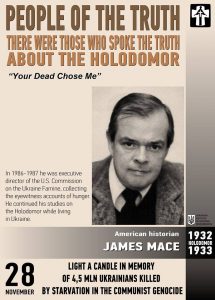
What the Jews managed to achieve:
- collect and organize Nazi documents and other materials on the extermination of the Jews. In fact, the history of the Holocaust is the most documented event in world history;
- organize and systematize evidence provided by Holocaust survivors;
- organize and encourage the study of Holocaust materials and academic papers. The number of academic monographs on the Holocaust exceeds 200,000; more than 100,000 studies have been published on the Auschwitz concentration camp alone;
- seek redress and compensations from Germany and from Holocaust-related businesses;
- prosecute Holocaust denials in other countries, including Austria, Belgium, Germany, Lithuania, Luxembourg, Poland, Slovenia, France, Switzerland, Canada, Portugal, Liechtenstein, Czech Republic, Slovakia, and Hungary;
- create memorials in places of mass extermination of Jews;
- search and prosecute individuals suspected of participating in the extermination of Jews;
- find and honour persons who risked their lives to save Jews (“Righteous Among the Nations”);
- spread knowledge of the Holocaust through fiction, cinema, exhibitions and documentaries;
- world-renowned directors, actors, musicians, composers, singers, and scholars have repeatedly referred to their Jewish heritage and advocated the Holocaust.
On January 26, 2007, on the eve of International Holocaust Remembrance Day, the UN General Assembly adopted Resolution 61/255 condemning, without reservation, any denial of the Holocaust, stressing that to deny the events of the Holocaust – one of the most tragic moral catastrophes in history – “was tantamount to approval of genocide in all its forms”.
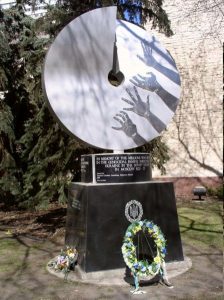
What the Armenians managed to achieve:
- 31 countries have recognized the massacre of Armenians in 1915-1916 by the Ottoman Empire as genocide.
- In June 2016, the German Bundestag almost unanimously approved a draft resolution that recognizes the mass destruction of Armenians by the Ottoman Empire as genocide.
- Pope Francis called the Armenians tragedy the first genocide of the 20th century.
- On October 29, 2019, in a historic vote, the US House of Representatives overwhelmingly voted to recognize the mass killing of Armenians by the Ottoman Empire as genocide. (Update: On November 13, 2019, Republican Senator Lindsey Graham blocked the resolution when it reached the US Senate, stating that “lawmakers should not sugarcoat history or try to rewrite it” and that he was objecting “not because of the past but because of the future”-Ed)
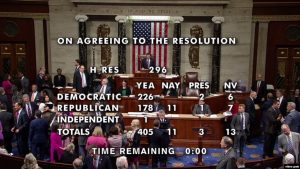
Armenians the world over have also initiated individual lawsuits, including members of the Armenian Diaspora in the United States whose families lost their property during their deportation from Anatolia. Available archives and property documents helped these families file international appeals, thus obliging Türkiye, as successor to the Ottoman Empire, to pay compensation.
In many countries, famous persons of Armenian heritage have made a great contribution to the recognition of the Armenian genocide by lobbying their respective government administrations. For example, Armenian-French singer Charles Aznavour, American reality show stars Kim and Kourtney Kardashian, etc. In 2015, System of a Down, an Armenian-American heavy metal band from California, went on the Wake Up the Souls Tour to commemorate the 100th anniversary of the Armenian Genocide and raise awareness around the world. Wherever they went, frontman Serj Tankian performed the song “100 Years”, commemorating the victims of the Armenian genocide.
Raphael Lemkin, Genocide and Ukraine
Raphael Lemkin (1900-1959), scholar, lawyer and one of the “people of the truth”, coined the word “genocide” and testified about the Holodomor so that the world would know. Lemkin’s idea of genocide as an offense against international law was widely accepted by the international community and was one of the legal bases of the Nuremberg Trials. On November 20, 2015, Raphael Lemkin was declared an extremist in Russia, and his article Soviet Genocide in Ukraine and other works were added to the Federal List of Extremist Materials of the Ministry of Justice of the Russian Federation.
In 1953, in a speech given in New York City, Lemkin described the Holodomor as one part of “perhaps the classic example of Soviet genocide, its longest and broadest experiment in Russification—the destruction of the Ukrainian nation”. In Lemkin’s words:
“As long as Ukraine retains its national unity, as long as its people continue to think of themselves as Ukrainians and to seek independence, so long Ukraine poses a serious threat to the very heart of Sovietism. It is no wonder that the Communist leaders have attached the greatest importance to the Russification of this independent[-minded] member of their “Union of Republics,” have determined to remake it to fit their pattern of one Russian nation. For the Ukrainian is not and has never been, a Russian. His culture, his temperament, his language, his religion – all are different.”
Lemkin went on to point out that:
“.. to eliminate (Ukrainian) nationalism… the Ukrainian peasantry was sacrificed…a famine was necessary for the Soviets and so they got one to order… if the Soviet program succeeds completely, if the intelligentsia, the priest, and the peasant can be eliminated [then] Ukraine will be as dead as if every Ukrainian were killed, for it will have lost that part of it which has kept and developed its culture, its beliefs, its common ideas, which have guided it and given it a soul, which, in short, made it a nation… This is not simply a case of mass murder. It is a case of genocide, of the destruction, not of individuals only, but of a culture and a nation.”
